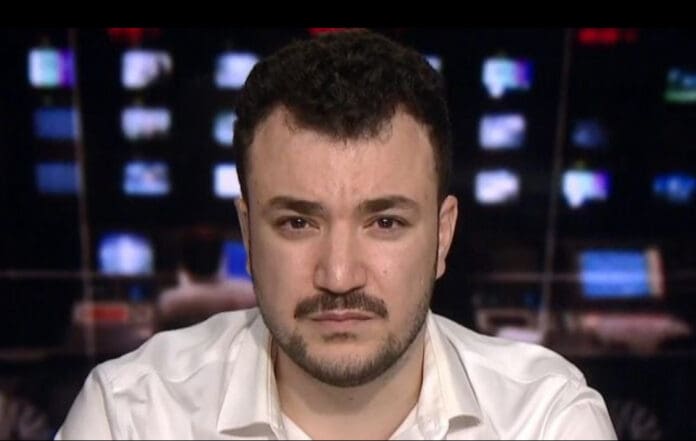A Palestinian activist and Columbia University graduate student who spent more than three months in a US immigration detention facility is suing the administration of former President Donald Trump for £15 million ($20 million) in damages, alleging false imprisonment, malicious prosecution, and defamation.
Mahmoud Khalil, 30, was detained in March by US Immigration and Customs Enforcement (ICE) agents following his involvement in pro-Palestinian campus protests. His legal team has now filed a claim asserting that his arrest and detention were politically motivated and part of a broader attempt by the Trump administration to smear critics of Israel as antisemitic or sympathetic to terrorism.
Speaking to The World with Yalda Hakim, Mr Khalil described the moment of his arrest as akin to “kidnapping”. He recounted how “plain-clothed agents in unmarked cars” took him away without presenting an arrest warrant or telling him where he was being taken. “You’re shackled all the time, just expected to follow orders. It’s really scary,” he said.
Mr Khalil was eventually transferred to an immigration detention centre, which he described as “as far from humane as it could be”. “You share a dorm with over 70 men, there’s no privacy, the lights are always on, the food is terrible – it’s a black hole. You’re dehumanised at every opportunity,” he said.
The Trump administration hailed his arrest at the time, declaring its intention to deport Mr Khalil and others whose campus protests against Israel were labelled by officials as “pro-terrorist, antisemitic, anti-American activity”.
Mr Khalil rejected those accusations outright, calling them “absolutely absurd”. He said he had never expressed support for Hamas or engaged in antisemitic rhetoric, and accused the Trump administration of “weaponising antisemitism and anti-terrorism to stifle free speech”.
“What I was engaged in was simply opposing a genocide, opposing war crimes, opposing Columbia University’s complicity in the war on Gaza,” he said.
During his time in detention, Mr Khalil was denied contact with the outside world for over 36 hours. When he was finally able to speak to his wife — who was pregnant at the time — he described those hours as terrifying. “I didn’t know if she was safe. I didn’t know what was happening outside. Those were very scary hours,” he said.
Mr Khalil missed the birth of his son while in custody — an experience he called devastating. “I don’t think there’s any word that can describe the agony and the sadness that I went through, to be deprived of such a divine moment, from a moment that my wife and I had always dreamed about,” he said.
While the deportation case against Mr Khalil is still progressing through the US immigration court system, he said he would also accept a formal apology from the Trump administration as part of any resolution.
A spokesperson for the US State Department stated that the government’s actions toward Mr Khalil were “fully supported by the law”.
Mr Khalil’s case is likely to ignite further debate around the intersection of free speech, immigration enforcement, and the US government’s stance on dissent related to Israel and Palestine.







